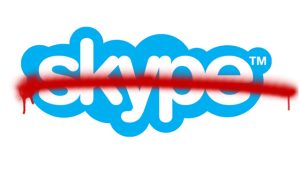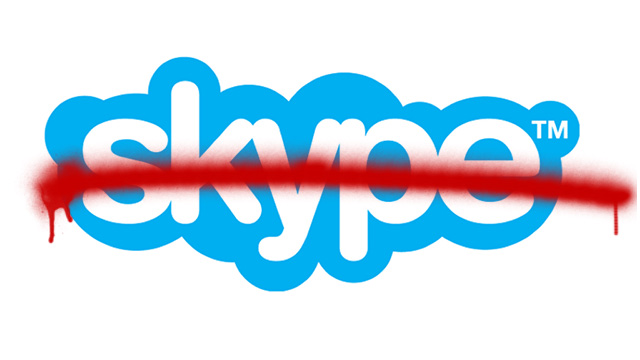After more than 21 years, Skype will soon be no more. Last night, some users (including Ars readers) poked around in the latest Skype preview update and noticed as-yet-unsurfaced text that read "Starting in May, Skype will no longer be available. Continue your calls and chats in Teams."
This morning, Microsoft has confirmed to Ars that it's true. May 5, 2025, will mark the end of Skype's long run.
Alongside the verification that the end is nigh, Microsoft shared a bunch of details about how it plans to migrate Skype users over. Starting right away, some Skype users (those in Teams and Skype Insider) will be able to log in to Teams using their Skype credentials. More people will gain that ability over the next few days.
Microsoft claims that users who do this will see their existing contacts and chats from Skype in Teams from the start. Alternatively, users who don't want to do this can export their Skype data—specifically contacts, call history, and chats.



 Loading comments...
Loading comments...
